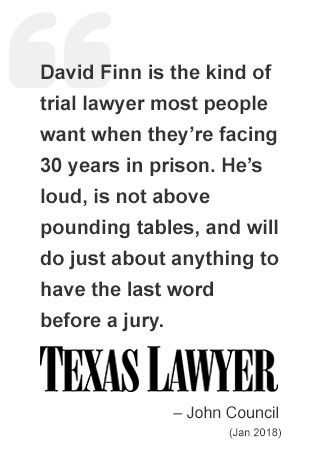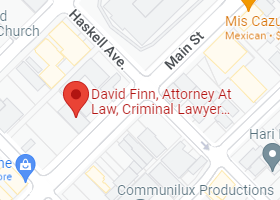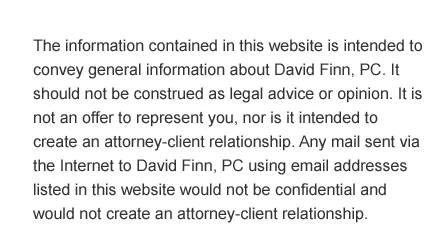


Dallas Drug Trafficking Defense Attorney
Drug trafficking, under The Texas Controlled Substances Act, can be defined as the manufacturing or delivery of controlled substances. In the state of Texas and under federal law, drug trafficking is taken very seriously, and so both the government and courts have taken great strides to implement laws and increase penalties for drug offenses.
Drug trafficking laws can be difficult to understand as the type of charge and potential sentence are generally dependent on the type and danger of the drugs involved. Federal law arranges controlled substances into five schedules, indicating the level of charges an individual will face based on the schedule and amount of the substance involved. This is because the criminal justice system views certain substances as more dangerous compared to other drugs. Individuals facing federal charges will be prosecuted by the U.S. government, and may be sentenced according to U.S. sentencing guidelines.
If you or a loved one are arrested for drug trafficking in Texas, you may potentially face severe penalties on the state or federal level. It would be in your best interest to seek legal representation from a criminal defense lawyer who can protect your rights and try to keep your criminal record clean. Contact David Finn, P.C. at (214) 538-6629 today to discuss your legal options.
Penalties for Federal Drug Trafficking
Under federal law, the consequences of drug trafficking are dependent on factors such as the type of drug in a person’s possession, the amount of drug possessed, and the offender’s criminal record.
For specific amounts of heroin, methamphetamine, cocaine, cocaine base, PCP, fentanyl, and LSD, an individual’s first offense is punishable by a fine of up to $5 million and between five to 40 years in prison. An individual’s second offense is punishable by a fine of up to $8 million and anywhere from 10 years to life imprisonment.
For greater amounts of heroin, meth, cocaine, cocaine base, PCP, fentanyl, and LSD, an individual’s first offense is punishable by a fine of up to $10 million and anywhere from 10 years to life in prison. A second offense is punishable by up to $20 million in fines and 20 years to life in prison. A third offense is punishable by $20 million in fines and life imprisonment.
For possession of any amount of Schedule I and II drugs not previously listed above, an individual’s first offense is punishable by a fine of up to $1 million and a maximum of 20 years in prison. A second offense is punishable by a fine of up to $2 million and a maximum of 30 years in prison.
For possession of any amount of Schedule III drugs, an individual’s first offense is punishable by a fine of up to $500,000 and a maximum of 10 years in prison. A second offense is punishable by up to $1 million in fines and a maximum of 20 years in prison.
For possession of any amount of Schedule IV drugs, a first offense is punishable by up to $250,000 in fines and no more than five years in prison. A second offense is punishable by up to $500,000 in fines and a maximum of 10 years in prison.
For possession of any amount of Schedule V drugs, a first offense is punishable by up to $100,000 and up to one year in prison. A second offense is punishable by up to $200,000 in fines and a maximum of four years in prison.
Note that maximum fines are significantly higher for organizations charged with drug trafficking.
Forfeiture of Money and Property
As with drug convictions in Texas, federal drug convictions may result in civil forfeitures—the loss of personal property such as homes, vehicles, cash, and other personal belongings.
Proceeds from all forfeited property do not go towards government treasury, but to the funds of law enforcement agencies. The police, therefore, are encouraged to seize and forfeit as much of the offender’s property as possible—regardless of whether they are actually associated with the offender’s drug activities.
Call David Finn, P.C. Today
Apart from fines and jail time, a drug trafficking offense carries numerous collateral consequences such as difficulties in continuing your education, obtaining a job, and even obtaining financial aid. A drug trafficking conviction can also render you ineligible to obtain specific professional licenses, and lead to the denial of applications for a visa, citizenship, or permanent residency. If you have been charged with a drug trafficking offense, it is crucial that you contact an experienced and aggressive criminal defense attorney as soon as possible.
Your future is at stake, and so one of the most important decisions you can make in your case is selecting the right attorney to work with. David Finn, P.C. will fight aggressively to protect your rights and create the strongest defense possible. Call (214) 538-6629 today.
Phone Numbers
Office: (214) 538-6629







